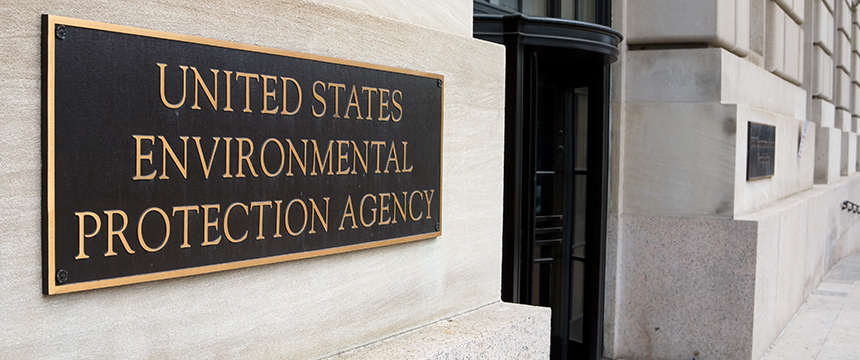How U.S. EPA’s New Environmental Justice Initiative Impacts Manufacturing Operations

What Is Environmental Justice?
The Environmental Justice Initiative seeks to ensure that all Americans—regardless of race, color, national origin, or income—receive fair treatment and have meaningful involvement with respect to development, implementation, and enforcement of environmental laws, regulations, and policies. Since President Clinton’s issuance of Executive Order 12898 to address Environmental Justice, the United States Environmental Protection Agency (“U.S. EPA”) has undertaken only limited steps to further the Initiative—at least, until now.
A New Federal Focus on Environmental Justice
In 2023, the Biden Administration gave new teeth to the Environmental Justice Initiative. In April, President Biden issued Executive Order 14096 on “Revitalizing Our Nation’s Commitment to Environmental Justice for All,” proposing a “whole of government” approach to Environmental Justice. In August, U.S. EPA released an implementation plan for Environmental Justice and External Civil Rights, committing to an increased focus on facilities in Environmental Justice communities, as well as enhanced efforts to address Environmental Justice in enforcement actions. On November 15, the agency published a notice in the Federal Register seeking comment on draft guidance that, as proposed, would explicitly require Environmental Justice considerations in regulatory analyses, including for certain permits required to expand or maintain manufacturing operations. For example, the guidance aims to incorporate Environmental Justice concerns into Clean Water Act and Clean Air Act permit decision-making processes.
In addition, Biden’s U.S. EPA has invoked Title VI of the Civil Rights Act of 1964 to further its Environmental Justice Initiative. Title VI is the section of the landmark federal statute that prohibits race, color, or national origin discrimination in any activity receiving federal financial assistance. Through authority under Title VI, U.S. EPA has undertaken investigations to determine whether state and local environmental agencies that receive federal funds are considering the anti-discrimination requirements of Title VI in their environmental permitting and enforcement efforts.
This increased federal focus on Environmental Justice may significantly impact the manufacturing sector. That is because many manufacturing facilities in the U.S. are regulated by environmental permits for construction and operation of their facilities. Recently, U.S. EPA halted necessary permitting for some manufacturing operations on Environmental Justice grounds, sending a clear signal to state and local agencies for their review of future permitting applications. For example, in 2022, U.S. EPA found that Missouri Department of Natural Resources violated local residents’ Title VI protections by approving a Clean Air Act permit because the manufacturer failed to engage in public participation with the surrounding community. In 2021, U.S. EPA also raised Environmental Justice concerns over a proposed minor source air permit for a plant planned for Flint, Michigan—a community in the headlines for its contaminated water.
Taking notice of U.S. EPA’s Environmental Justice activity, state and local agencies that grant these permits are factoring Environmental Justice into their analysis when approving and renewing these vital permits. The issuance of U.S. EPA’s new draft guidance adds further complexity to these compliance efforts.
Assessing Environmental Justice Concerns During Transaction Due Diligence
To accomplish its Environmental Justice goals, U.S. EPA is rapidly changing the regulatory and enforcement environment for manufacturers located in areas of high Environmental Justice concern. Companies looking to acquire or sell manufacturing facilities need to assess Environmental Justice considerations. Some recommended steps to do so include:
- Conduct an Environmental Justice Assessment. Evaluate the plant locations and any planned expansions of manufacturing operations at the company. Continuing or expanding manufacturing operations that will require environmental permitting may result in heightened review.
- Develop an Environmental Justice Plan. If the Assessment confirms that there could be an Environmental Justice concern at a manufacturing facility, consider developing an Environmental Justice Plan that reviews and addresses potential concerns, including the facility’s engagement with the local community. The Plan could include:
- A budget for staffing including personnel to lead community outreach efforts.
- Attention to hiring practices where employment of members of the local community could be improved.
- Ensure that management reflects diversity and inclusion priorities and are skilled at networking within the community.





